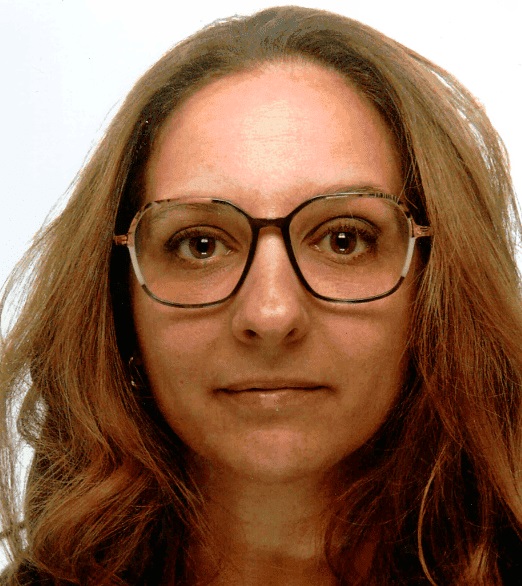ECER 2023 - The Value of Diversity in Education and Educational Research
Date : du 22-08-2023 au 25-08-2023
Appel à communications ouvert jusqu'au : 31-01-2023
Lieu : Glasgow, Écosse
Modalité : présentiel
Organisation : European Educational Research Association (EERA)
Programme :
In the 21st century, many forms of social and cultural diversity have been increasingly recognised and, consequently, included into the core of educational values, educational practices, including curricula, and educational research. It is a complex, contested and at times contentious concept and in suggesting it, EERA hopes to encourage debate and dialogue connected to the theme of diversity in education and educational research and explore the linked reality of diversity as a driver for societal change.
Arguably in current social usage, diversity often refers, but is not limited, to issues such as ethnicity, disability, gender and sexuality, age, religion, language, geography (place), culture and intersectionality. There is also scope to recognise other forms of diversity in schools and other learning contexts with a necessary impact in curricula, pedagogic strategies, leadership and educational context culture. Within the academic milieu, there are diverse theories of learning, and a diversity of conceptual approaches to analyse models of schooling and assessment as well as a diversity of methods and methodologies of educational research. There is diversity of the types of learners within school systems, from primary to higher education, and there is a range of pedagogies. There are a wide range of approaches to diversity within curricula and within subject areas in schools, and school-communities networking approaches. Diversity creates tension and challenges homogenous systems, thereby generating a positive perspective that includes ways to value multiple forms of diversity and understand the complexity of the local context and the wider world within educational settings, whether those be schools, community settings or others. Hence, the richness of who we are and who we are becoming becomes a source and resource for what we do and why we do it across the educational continuum.
The concept of diversity, in all its manifestations, is at the heart of the work of EERA. As an organisation, we benefit from the collective context, informed knowledge and experience of 42 National Associations drawn from 37 countries and regions who bring with them contextually embedded understandings of what it means to think about and do educational research across a range of settings for the ultimate benefit of society. This work is enhanced by, mediated through and operationalised by the complex and innovative activities of our 33 academic networks which provide fora for educational researchers from across Europe and beyond to dialogue, dissent and develop a broad understanding of what it means to engage in ‘research for the benefit of society’ in changed and changing contexts.
While the nature of European educational research is a constantly debated and changing reality, there is a general acceptance that to discuss it we need to draw on the rich and diverse research traditions that make up our educational community. Thus, context and place, tradition and polity influence the way in which we think about what it is we do and why we do it. This increasing diversification of our contextual and conceptual hinterland should arguably be at the heart of the ongoing dialogue about what it means to ‘do’ educational research in the 21st century.
This conference aims to address the many different forms of diversity in educational research, be they conceptual, contextual or methodological, and explore the creation of a wide range of practices within and between each. Ultimately it seeks to highlight the successes and challenges resulting from the commitment of educational researchers and educational research to address and include diversity in all aspects of what we do. How does educational research contribute to unpacking challenges that are brought about by the increasing visibility of different forms of diversity? How does it account for different approaches, methods and outcomes that have been developed in educational contexts around the globe, and provide insights to elaborate inclusive educational policy measures?
Valuing diversity in education and educational research is at the heart of EERA and we look forward to receiving submissions addressing this crucially important topic from across the entire EERA family and beyond.
Emerging Researchers' Conference (ERC)
The Emerging Researchers' Conference (ERC) precedes ECER and is organised by EERA's Emerging Researchers' Group. Emerging researchers are uniquely supported to discuss and debate topical and thought-provoking research projects in relation to the ECER themes, trends and current practices in educational research year after year. The high-quality academic presentations during the ERC are evidence of the significant participation and contributions of emerging researchers to the European educational research community.
By participating in the ERC, emerging researchers have the opportunity to engage with world class educational research and to learn the priorities and developments from notable regional and international researchers and academics. The ERC is purposefully organised to include special activities and workshops that provide emerging researchers varied opportunities for networking, creating global connections and knowledge exchange, sharing the latest groundbreaking insights on topics of their interest. Submissions to the ERC are handed in via the standard submission procedure.
Keynote Speakers
URL : https://eera-ecer.de/.../
mot(s) clé(s) : recherche en éducation














